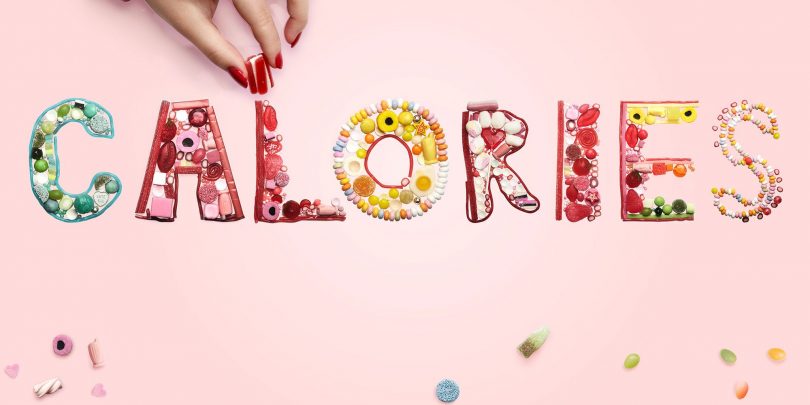People ask more than a billion health-related questions a day on Google. That makes Dr. Google a go-to source for health information; even if that means users have to wade through a plethora of ill-informed and plain wrong, even dangerous, content.
The Daily Scan is taking the top 10 list of most-Googled health questions to our Providence Health Care (PHC) experts. Over the next year, we will answer one question each month.
This month’s question: How many calories should I consume per day?
Simply put, calories are the amount of energy in food. And though we seem to have an obsession with counting calories, experts agree that consumption of food is much more than counting calories.
St. Paul’s cardiac researcher Dr. Scott Lear emphasizes the importance of looking beyond the numbers, especially when it comes to maintaining a healthy lifestyle.

Dr. Scott Lear is a professor at Simon Fraser University and the Pfizer/Heart and Stroke Foundation Chair in Cardiovascular Prevention Research at St. Paul’s Hospital (Vancouver) as well as a member of the Division of Cardiology at Providence Health Care.
“Calories aren’t something like cigarettes where the ideal amount is zero. How many calories an adult needs can vary based on body size, metabolism and activity levels, but many of us will require between 1,500 to 2,000 calories minimum just to keep our body running.” (Read Dr. Scott Lear’s full post on his blog here.)
Restricting calories can have negative consequences
According to clinical dietitians Hannah Robinson and Ali Eberhardt, counting calories can be a slippery slope, leading to dangerous restrict and binge cycles with food. “If we only focus on the energy food provides, we lose sight of other important parts of foods, like vitamins, minerals and phytochemicals. For example you could eat 2,500 calories a day of mixed, balanced meals, or of just chocolate bars.”

(L – R) Hannah Robinson and Ali Eberhardt are both dietitians at St. Paul’s Hospital and launched their own podcast called Let Us Eat Cake!
The pair works within the Provincial Adult Tertiary Eating Disorders Program at St. Paul’s. They help patients build healthy relationships with food and their bodies, which can be challenging in a world where society equates thinness with attractiveness and health.
“When it comes to food choices you can either eat to manipulate weight or shape, or you can eat for health. When a person makes food choices or restricts calories with the intention to change their weight and shape, it often comes at the expense of mental, emotional and physical health,” explain Robinson and Berhardt .” A person may lose weight, but they may have also have micronutrient deficiencies, increased preoccupation with food or difficulty attending social events out of fear of food that may be served.”
Trust your body, not your calorie count
All three experts agree the body is a complex machine and overall health is a result of many factors. As Lear points out, “The human body is pretty good at self-regulating food intake.”
Robinson and Eberhardt suggest we prioritize our health through small, sustainable lifestyle changes, for example drinking more water or eating more fruits and vegetables.
“Learning to trust your body is like any trusting relationship, it takes healing hurt and being consistent, reliable and supportive. In terms of eating, this will look like eating regularly and consistently, eating without rigid rules, and knowing that healthy bodies come in all different shapes and sizes.”
—
Learn more about your health and nutrition from St. Paul’s dietitians, Hannah and Ali, on their new podcast: “Let Us Eat Cake!”
Also, don’t forget to follow them on Instagram at @eatcakepod and on Facebook at Let Us Eat Cake Podcast here.





